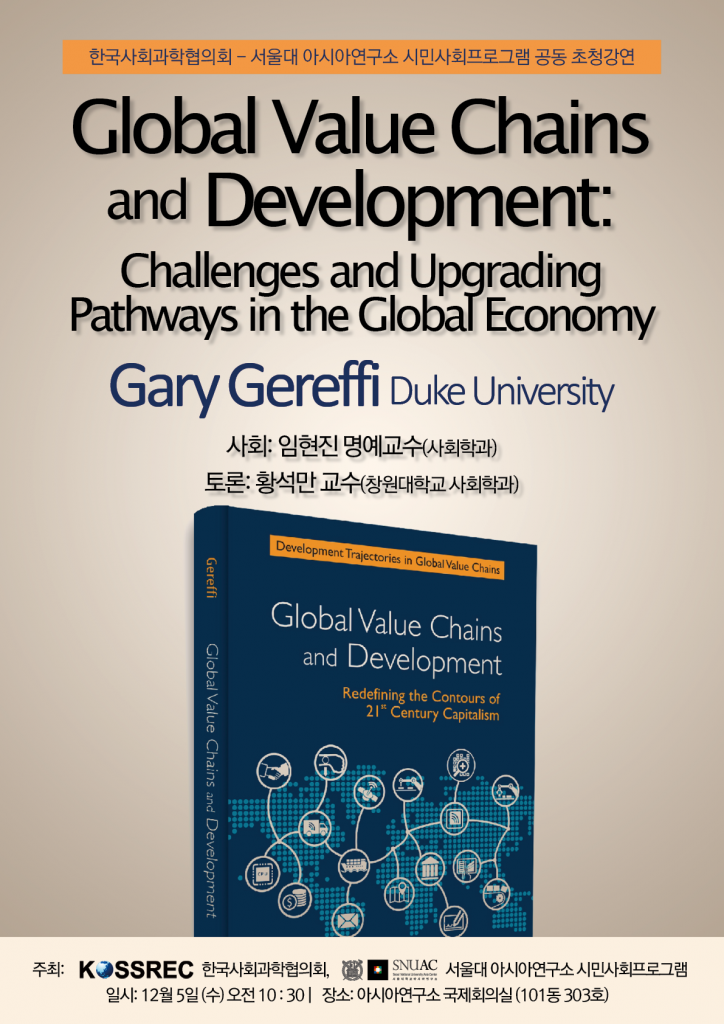
Global Value Chains and Development

Special Lecture
- Date & Time: Wednesday, 5 December, 2018, 10:30-12:00
- Place: International Conference Room(#303), SNUAC(Bldg#101)
- Speaker: Emeritus Professor Gary Gereffi (Dept. of Sociology, Duke Univ.)
- Chair: Emeritus Professor Hyun-Chin Lim (Dept. of Sociology)
- Discussant: Professor Sukman Hwang (Dept. of Sociology, Changwon Nat’l Univ.)
- Hosts: Korean Social Science Research Council, SNUAC Civil Society and NGOs Program
- Inquiry: Kukbo Shim / snuac.csp@gmail.com
Abstract
Over the past half century globalization has transformed how nations, firms, and workers compete in the international economy. This book by Gary Gereffi, one of the founders of the Global Value Chains (GVC) framework, traces the emergence of the most influential approach used to analyze globalization and its consequences. It studies the conceptual foundations of GVC analysis, the twin pillars of ‘governance’ and ‘upgrading’, along with detailed case studies of China, Mexico, and other emerging economies as main drivers of export-oriented industrialization. This book offers insights relevant to large international organizations such as the WTO, World Bank, and ILO, policymakers in national economies, development practitioners, and academics who continue to draw on the GVC approach.
Review
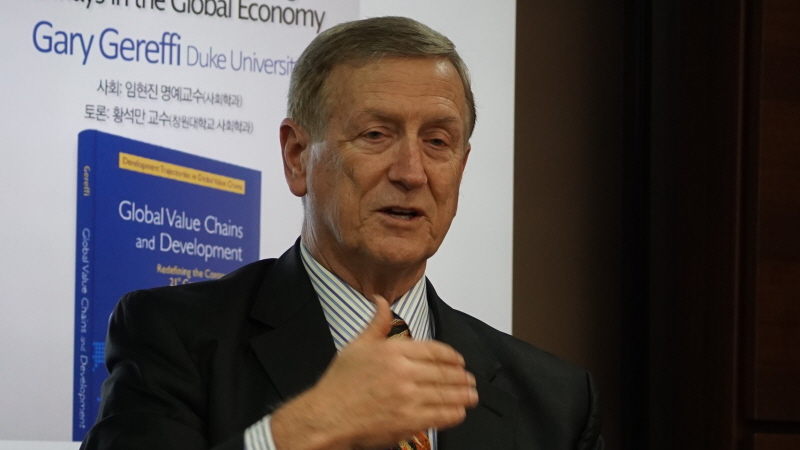
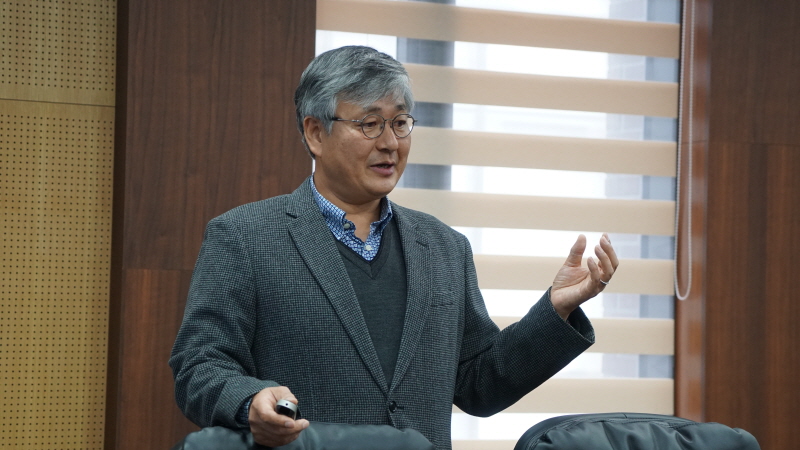
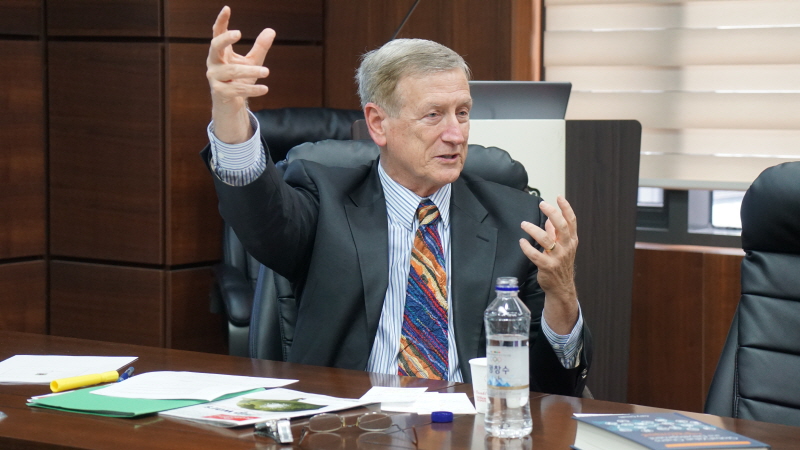
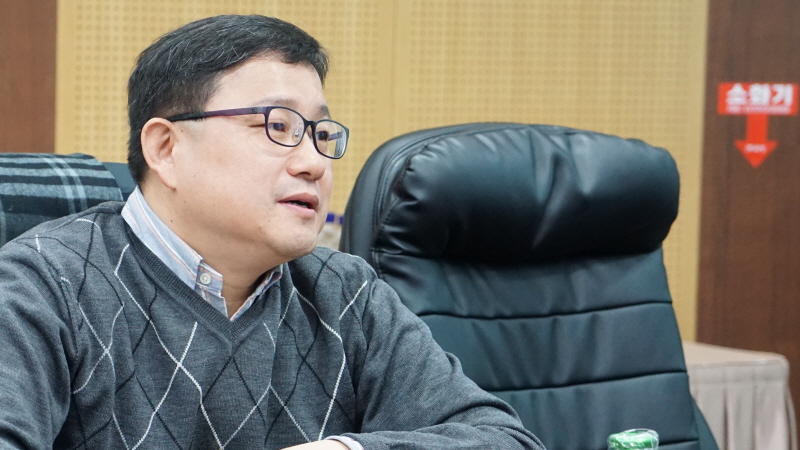
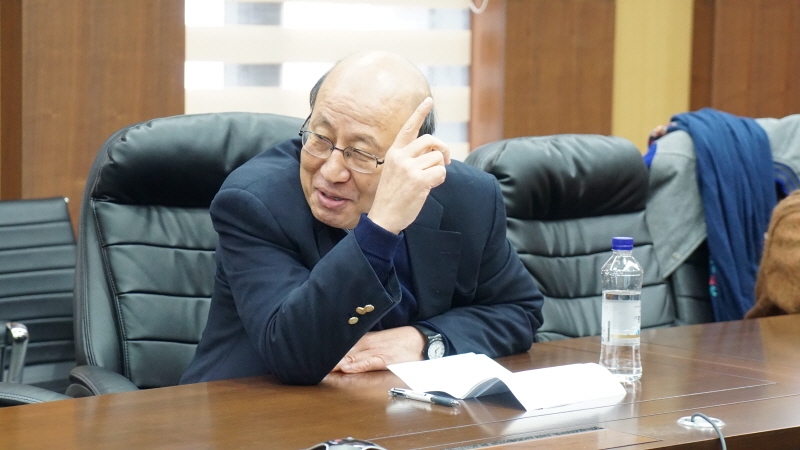
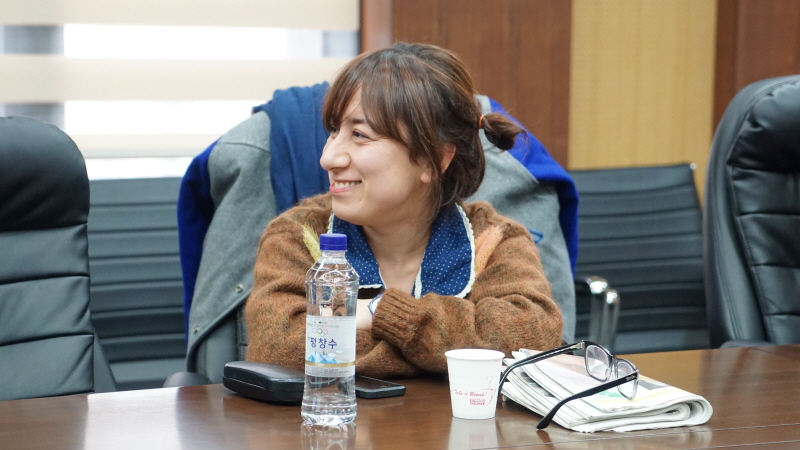
On December 5, 2018, KOSSERC and SNUAC Civil Society and NGOs Program co-hosted a special lecture inviting Professor Gary Gereffi from Duke University for a talk on his book Global Value Chains and Development. This event was chaired by Emeritus Professor Hyun-Chin Lim from the Department of Sociology at SNU and the discussant was Professor Sukman Hwang from the Department of Sociology at Changwon National University.
The special lecture began with Professor Gereffi’s overview of the agenda of his book from the old versus new industry paradigm and global value chains and development to emerging economics and future development challenges in global value chains. The anti-globalization sentiment that has arisen due to the dark side of globalization where there seems to be an imbalance of benefits creating ‘winners’ in the emerging economies and ‘losers’ in the advanced countries’ middle-class were further discussed. The analysis of the international economy through the global supply chains focusing on governance and upgrading, along with surprising findings regarding dependency theory followed afterwards. Moreover, the multiple factors that have led to China’s export edge and the Belt-Road Initiative in relation to global value chains and US protectionism were discussed in the end. The open discussion led by Professor Sukman Hwang addressed various issues surrounding the digital economy, US-China relations, and East Asian value chains.
